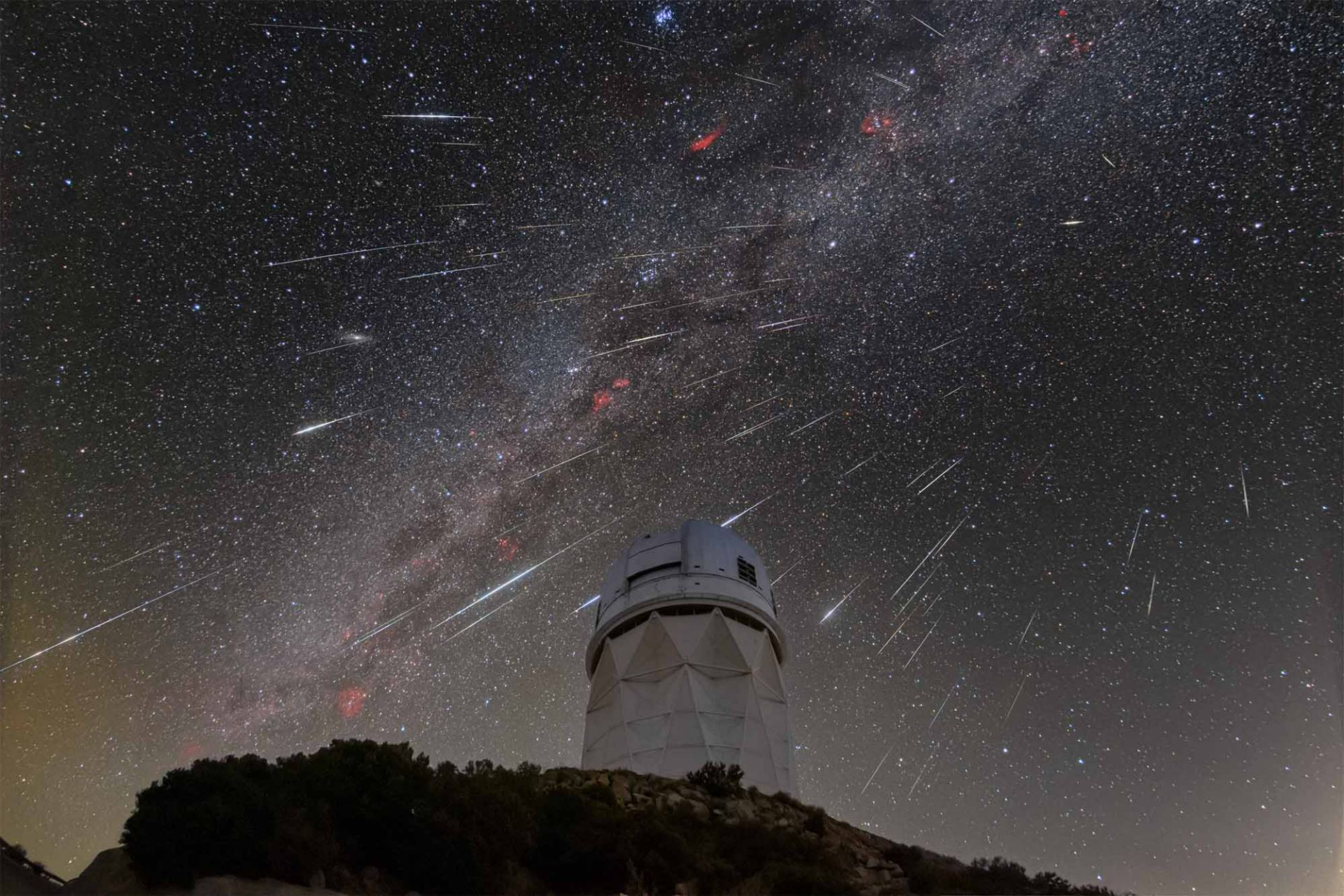New Analysis Reveals Consistency of Gravity Theories in Cosmic Scales Despite Dark Energy

A team of scientists, including University of Texas at Dallas physicist Dr. Mustapha Ishak-Boushaki, has released a new analysis of data from the Dark Energy Spectroscopic Instrument (DESI) collaboration, revealing that the way galaxies cluster is consistent with Einstein's general theory of relativity.
The investigation aims to understand the acceleration of the universe's expansion, currently unexplained by competing theories. The DESI collaboration, comprising over 900 scientists from more than 70 institutions, has utilized its data to explore how gravity behaves at large cosmological scales.
"We found that our results are consistent with general relativity theory operating in cosmic scales," Dr. Ishak-Boushaki said. "However, these findings do not completely rule out other theories of modified gravity."
The latest analysis builds on DESI's extensive dataset, covering nearly 6 million galaxies and quasars over an unprecedented 11 billion years. With this data, researchers can observe the evolution of cosmic structure in unprecedented detail, surpassing previous studies that took decades to complete.
This new research provides valuable constraints on theories that propose gravity behaves differently at large scales, shedding light on the nature of dark energy's acceleration.
"The results from DESI, combined with datasets from other experiments, are a significant step forward in understanding the universe," said Dr. Ishak-Boushaki, co-leading the work and lead author of one of several papers released November 19.
The study highlights the importance of continued analysis and investigation into these mysteries of cosmology, allowing us to refine our understanding of the universe's intricate mechanisms.
Citation: A new analysis from the DESI collaboration adds evidence for general relativity in cosmic scales, though new research continues to explore modifying gravity's role in accelerating the Universe.
